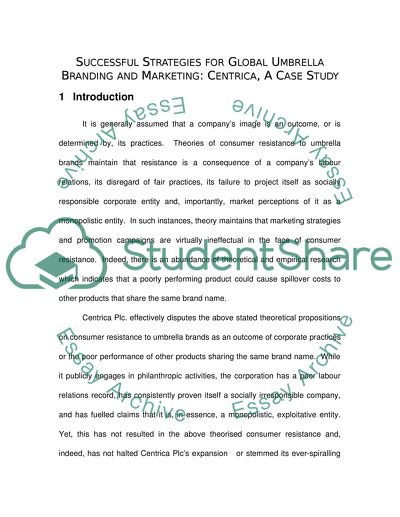Cite this document
(Successful Strategies for Global Umbrella Branding and Marketing - Case Study, n.d.)
Successful Strategies for Global Umbrella Branding and Marketing - Case Study. Retrieved from https://studentshare.org/marketing/1526780-global-umbrella-branding-and-marketing
Successful Strategies for Global Umbrella Branding and Marketing - Case Study. Retrieved from https://studentshare.org/marketing/1526780-global-umbrella-branding-and-marketing
(Successful Strategies for Global Umbrella Branding and Marketing - Case Study)
Successful Strategies for Global Umbrella Branding and Marketing - Case Study. https://studentshare.org/marketing/1526780-global-umbrella-branding-and-marketing.
Successful Strategies for Global Umbrella Branding and Marketing - Case Study. https://studentshare.org/marketing/1526780-global-umbrella-branding-and-marketing.
“Successful Strategies for Global Umbrella Branding and Marketing - Case Study”, n.d. https://studentshare.org/marketing/1526780-global-umbrella-branding-and-marketing.


